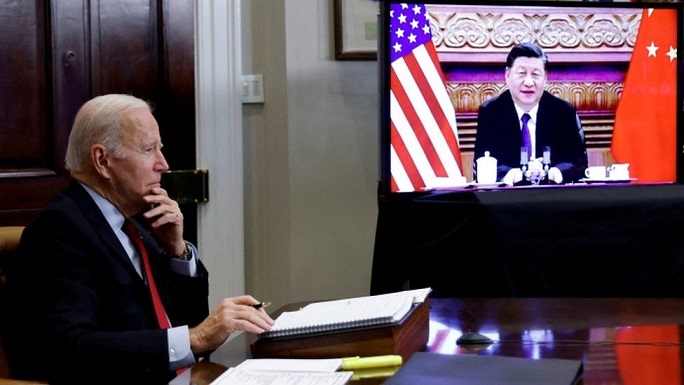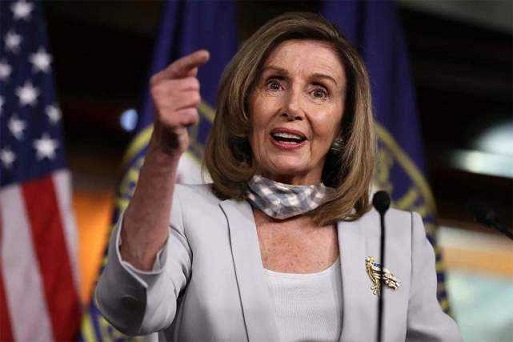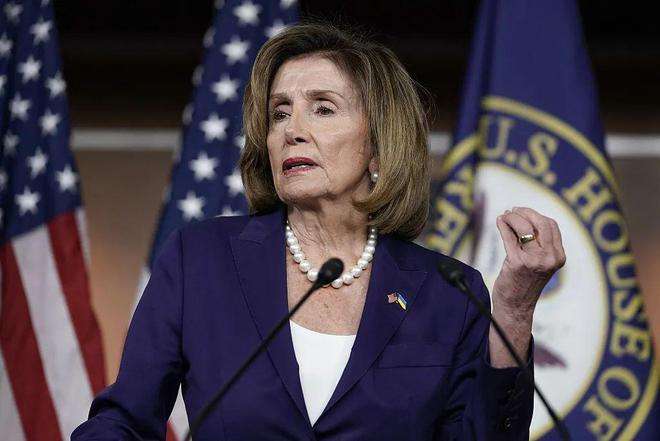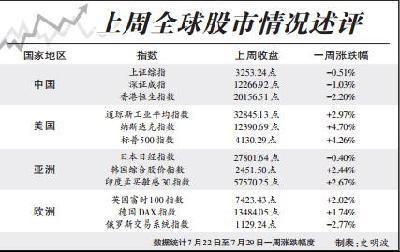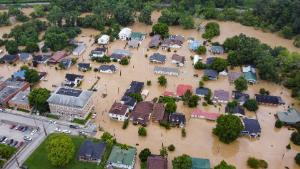As the Razoni left the Ukrainian port of Odesa on Monday with the first shipment of grain since the early days of Russia's war in Ukraine, there were sighs of relief from Somalia to Turkey, Indonesia and China, given how reliant these countries have been on Ukrainian grain to meet their daily needs.
Millions of people have been pushed into hunger as the Russian blockade fueled soaring grain commodity prices, which reached record highs this year as more than 20 million metric tons of Ukrainian wheat and corn remained trapped in Odesa.
But even as the UN-brokered agreement to lift the blockade has eased grain prices, experts say the belated shipments from Ukraine are no quick fix to the crisis, accelerated by years of pandemic-related disruptions, the climate crisis, conflict, food export restrictions and spiraling costs.
All these interacting factors "are going to remain for some time," Laura Wellesley, a senior research fellow at think tank Chatham House's environment and society program, told CNN. "It may be that we see peaks in food prices again, and peaks in food insecurity, but certainly not a resolution of the situation anytime soon."
Global hunger has increased massively, from 135 million people acutely food insecure in 2019 to 345 million in 2022, according to the World Food Programme (WFP). It includes "50 million people in 45 countries that are knocking on famine's door," David Beasley, WFP's executive director, told the House Foreign Affairs Committee on July 20, as he called on other donor countries, like Gulf nations, to step in an "avert catastrophe."
Today's crisis is far worse than the previous food price spikes of 2007 to 2008 and 2010 to 2012, which both fueled riots around the world, including revolutions in the Middle East.
Food security experts have warned of huge geopolitical risk if action is not taken. This year has already witnessed political destabilization in "Sri Lanka, Mali, Chad, Burkina Faso, riots and protests taking place in Kenya, Peru, Pakistan, Indonesia ... these are only signs things to come is going to get worse," Beasley said.
